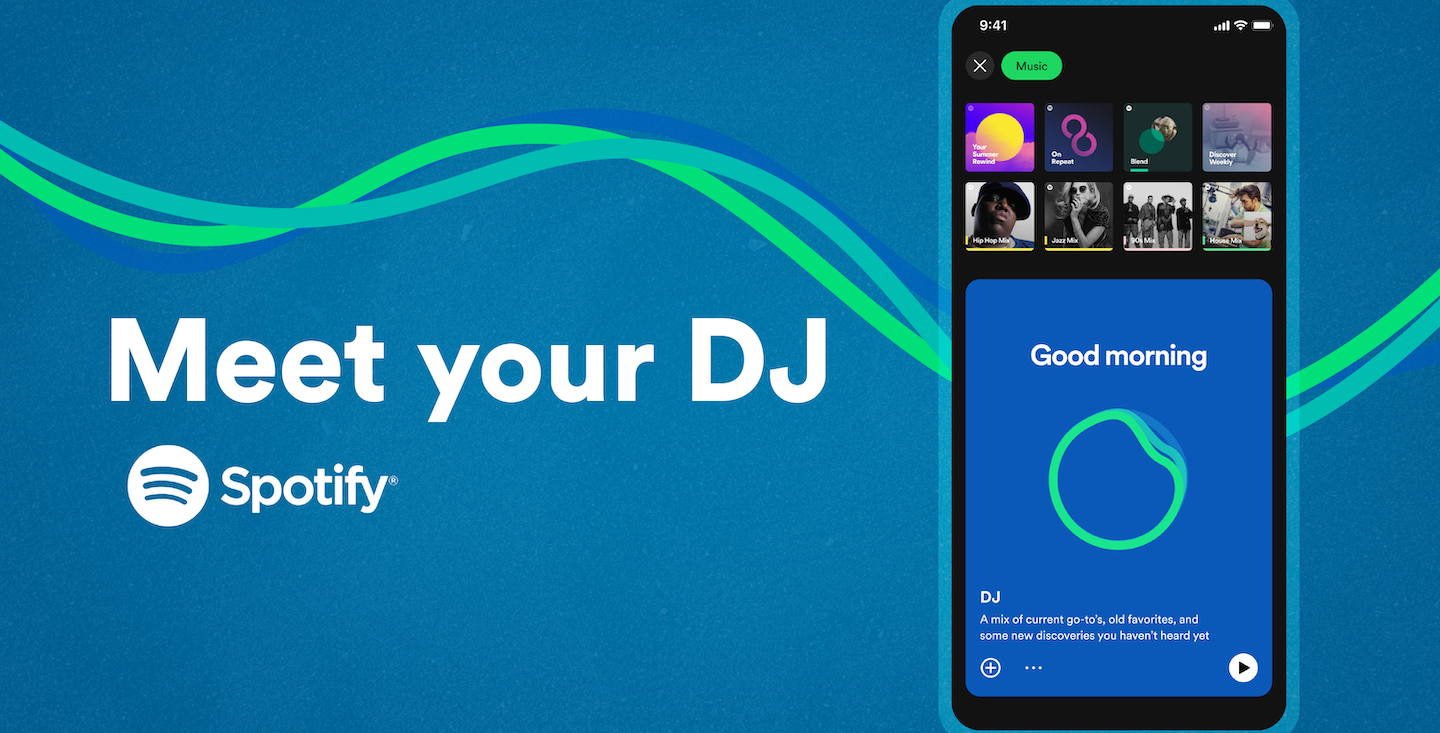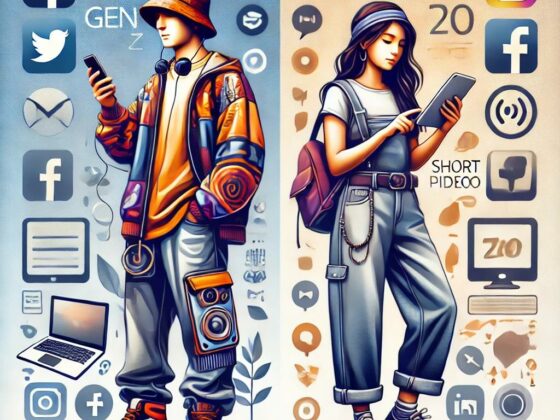I’m a person who loves to listen to music. But sometimes I have a problem, I get bored very quickly because I listen to the same music all the time. Few weeks ago I was with a friend, and he told me about a very interesting new functionality of Spotify app, “Livi” the AI DJ.
WHAT IT IS?
The AI DJ from Spotify is an intelligent feature that curates personalized music experiences for users. It uses artificial intelligence to learn your musical preferences, moods, and habits over time, creating a custom mix of songs tailored specifically to you. It doesn’t just play music—it also offers commentary and context about the tracks, simulating a real DJ experience but completely personalized to each user.

WHY IT´S COOL?
- The AI DJ is cool because it has the proposal to personalize, surprise, and to be ease of use.
- It keeps the experience fresh by constantly adapting to your current mood, the time of day, and your listening history, so it never gets boring. That’s so important for Gen Z that hate repetitive and boring things.
- It also has a modern, sleek design that makes it Instagrammable, perfect for sharing unique playlists or moments on social media. For Gen Z, who crave unique, dynamic experiences that reflect their individuality, the AI DJ delivers exactly that. Gen Z loves to share their mood on social media, and this is a very cool way to do that. You can post a story of a song that you AI DJ has recommended based on your feelings or in what you are doing. For example, in my case when I was travelling to Ibiza the AI DJ recommends me to listen EDM music to be in the mood of that party atmosphere.

- It also has the potential to be more sustainable by optimizing music consumption, reducing waste, and supporting emerging artists. By promoting a more conscious and efficient use of musical resources, this tool contributes to a more sustainable future in the music industry.

WHY IT HAS FUTURE GROWTH POTENTIAL?
The AI DJ has massive future growth potential because it taps into several key trends: personalization, AI-driven experiences, and wellness. As technology continues to evolve, the demand for services that understand and adapt to users’ preferences will only grow. Additionally, it supports the discovery of new music and emerging artists, making it valuable both for listeners and the music industry. Moreover, this functionality has the potential to attract new Gen Z customers who hear about this innovative feature.



Science of the Time